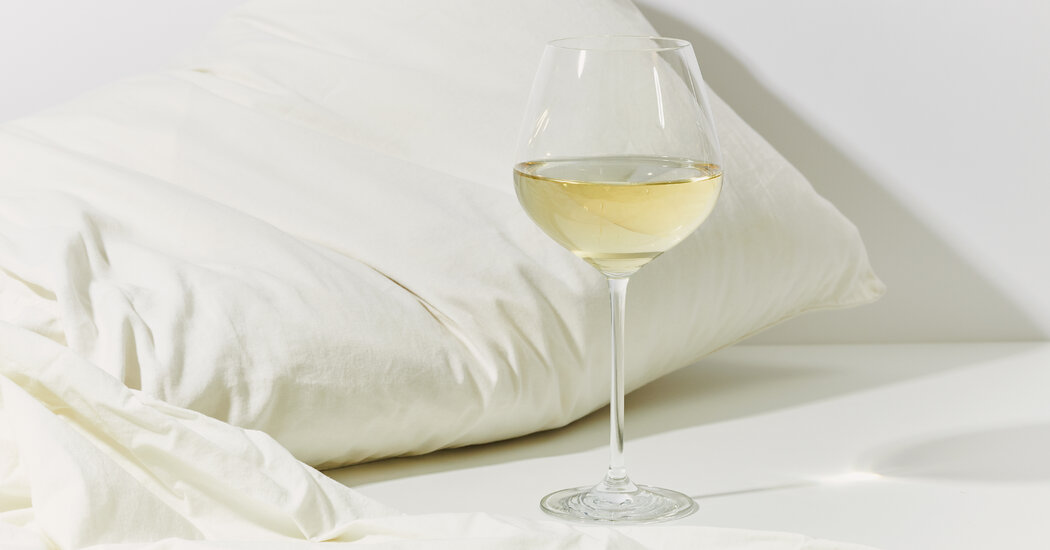
Some people drink closer to bedtime to help them get to sleep. But that can start a dangerous cycle of more fragmented sleep, followed by heavier drinking. “I do see a lot of people who self-medicate for insomnia with alcohol, which is definitely not a good practice,” said Dr. Sabra Abbott, an assistant professor of neurology in sleep medicine at Northwestern University Feinberg School of Medicine. Sustained nightly drinking can establish worrying patterns that can persist even after people have stopped drinking, she and other experts say.
To help assess how alcohol may be affecting your sleep, experts recommend an alcohol-free reset period, or what Dr. Martin called “an alcohol holiday,” lasting at least two weeks. “It can be very eye-opening to appreciate how much alcohol affects your sleep,” she said. A lot of people who think they have insomnia, she said, may just be drinking too much or too close to bedtime.
“It turns out that if they don’t drink, they sleep much better,” said Dr. Martin, who is also a spokeswoman for the American Academy of Sleep Medicine. After the “holiday,” she said, “they can just make a more informed decision about how much — and how often — they consume alcohol.”
Experts also suggest building in a buffer zone of at least a few hours between drinking and bedtime. A nightcap is not your friend. “It’s probably OK to have a glass of wine with dinner four hours before bed,” Dr. Abbott said. Or maybe limit your drinking to happy hour or the appetizer course.
Alcohol can mess with your morning routine, too. “People may turn to stimulants” like caffeine, drinking coffee well into the afternoon, said Dr. Armeen Poor, a pulmonary and critical care physician at Metropolitan Hospital Center in New York and clinical assistant professor of medicine at New York Medical College.
“That makes it harder to fall asleep at night,” he said. “And then you need more of that sedative, and then it just goes around and around and around.”
